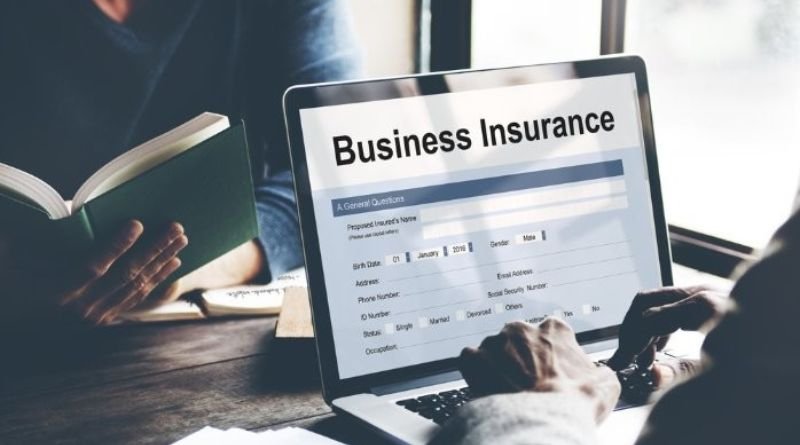Common Insurance Types Every Business Should Have
Whether your business is big or small, many financial risks come with running a company. Business insurance may assist in defending your organization from a variety of threats. All businesses should have general liability and commercial property insurance. In addition, any company that has employees should have workers’ compensation insurance. You can often save money by bundling these policies into a business owner’s policy.
General Liability Insurance
Your company may be protected against the financial dangers of unforeseen catastrophes with business insurance. Mountain Insurance can help your company survive a natural disaster, data breach, or lawsuit. The right business insurance coverage can distinguish between staying open or closing your doors. General liability insurance is the fundamental form of commercial insurance that almost all small businesses require to protect themselves from the financial repercussions of third-party bodily injury, property damage, personal injury, and advertising injury. Often, you can bundle general liability and property insurance into a single policy called a business owner’s policy (BOP). You can also purchase individual business insurance policies to cover specific risks, such as directors and officers liability insurance for your management team or excess and surplus lines coverage to fill in gaps in other policies. Specialty insurers sometimes offer these policies.
Business Owner’s Policy (BOP)
A BOP offers business property and liability protection in a single package. It simplifies coverage needs and saves businesses money compared to purchasing property and liability insurance separately. BOPs typically cover commercial buildings and the movable items owned or used for the industry – sometimes called business personal property. A BOP also includes general liability protection that covers the insured company if it is sued for causing harm to people or damaging their property. Most BOPs include a third vital protection often included in monoline policies: business interruption coverage. It is designed to reimburse a company for the lost income incurred when it has to close because of a covered peril such as a fire or flood. A BOP is subject to specific limitations and exclusions. A company must get other policies besides a BOP, such as commercial vehicle insurance and workers’ compensation insurance, to adequately cover itself against all of its risks.
Commercial Auto Insurance
Commercial auto insurance protects businesses from financial loss if their work vehicles are involved in accidents. It is different from personal auto insurance in that it is specifically designed for the needs of businesses and typically has higher coverage limits than an individual policy. Some examples of what this policy covers are: Bodily Injury and Property Damage Liability, Hired and Non-Owned Auto Insurance and Rental Reimbursement with Downtime. Starting a business is risky, but operating without insurance is bad. Review these policies and add any other types of insurance your business may need.
Workers’ Compensation
In most states, companies must have workers’ compensation insurance, which covers a percentage of employees’ medical expenses and lost income in the case of a work-related accident or sickness. It also typically protects the business from legal repercussions in an employee lawsuit. Workers’ compensation systems vary by state but generally include classifications of employee jobs and types of injuries/illnesses to determine premium rates. A technique known as experience rating allows businesses to modify their class rates based on loss history, which helps control costs for safe and unsafe companies.
Commercial auto insurance is needed for companies with employees who use their vehicles for work-related reasons. Some policies also provide hired and non-owned auto coverage, which can help pay for vehicle damages and liability if an employee’s insurance limits are reached. Some employers may need to add professional liability insurance to their policy to cover claims resulting from mistakes in customer service services.









